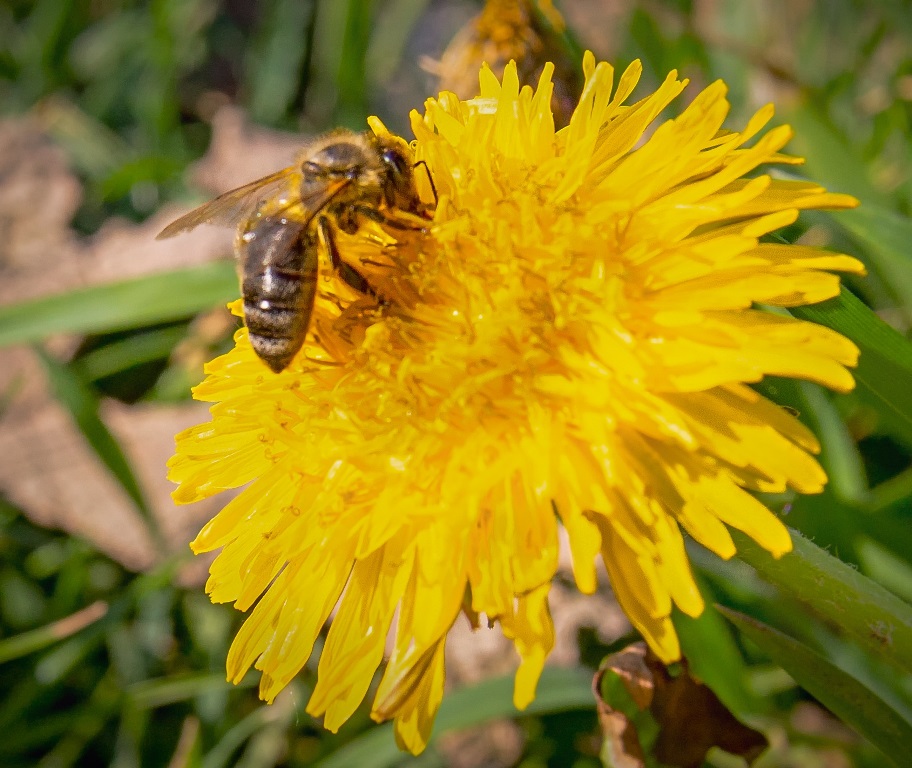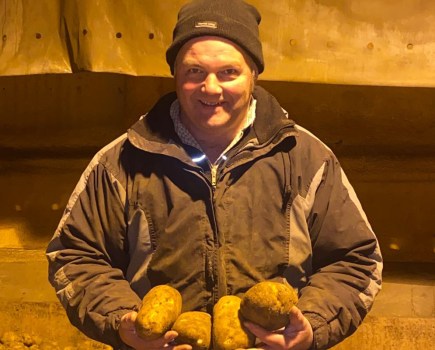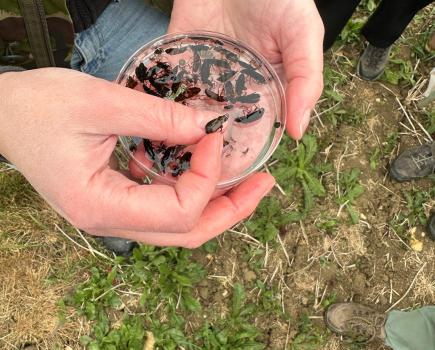I’ve always been a ‘scroller’ and not generally known to roll up my sleeves and get stuck into a social media debate. But that’s changing and the reason why is glyphosate.
Fake news has become a ‘thing’. For any contentious issue – be it climate change, palm oil or glyphosate – social media has turned into the perfect vehicle to influence people, who often appear happy to believe anything that fits their viewpoint, regardless of whether it’s true or not. Social media has arguably created a nation of lemmings who hit the share button without checking their facts.
As a journalist, verifying facts and checking out sources is second nature so the increasingly frequent assaults on glyphosate on social media have triggered those instincts. After all you can’t argue against the tide if you have no idea what you’re talking about.
I expect you’ve seen a picture of a dying bee with its tongue hanging out. It keeps appearing in my Facebook feed as it’s shared around the world by well-meaning individuals, usually with a slightly different story accompanying the image. But the one thing all these versions have in common is that the undignified death of the bee is connected with the use of ‘high power’ herbicides by councils, farmers and zealous gardeners. All are killing dandelions which are the only early food source for the bee, so the story goes, and the reader is left to infer whether these vital creatures are starving to death or are being killed by the herbicide itself.

Am emotive connection between bee mortality and glyphosate is appearing all over social media feeds.
The really clever thing is that glyphosate isn’t mentioned in the post but read the comments and there’s no doubt in the reader’s mind which chemical is the culprit and that it’s also killing us. This is the power of social media and it’s the biggest threat we’re facing in agriculture without question. The potential of glyphosate resistance and the effect that would have on our farming systems pales into total insignificance against this insidious tsunami of opinion that’s rising against it.
The anti-glyphosate movement has previously focused on its possible link to cancer which is why people believe it’s bad for them. Recently a study was published in the US which ‘almost certainly’ linked the chemical to non-Hodgkins Lymphoma, which led to headlines that glyphosate increased the risk of contracting this type of cancer by 41%. No wonder people are worried.
But if you’re a scientist, the problems with the meta-analysis used to produce these results becomes immediately apparent and it’s something the researchers that conducted the study admit themselves. Even if you can overlook the fact that the results analysed were from diverse studies asking different questions and using different protocols, the increased risk was only about 0.5%, which is much lower than the scary-sounding 41% that’s been in most headlines. Even then, that was for people who have been exposed to very high levels of glyphosate, often for decades. This is very different to the tiny exposure that most people would get from eating fruit and vegetables grown using glyphosate and for spray operators using PPE and modern techniques.
A lot of the public concern comes from the misunderstanding of a carcinogen. A decision from the International Agency for Research on Cancer (IARC), that concluded that glyphosate was a category 2A carcinogen — classified as ‘probably carcinogenic to humans’. But that’s not as scary as it sounds.
The thing about IARC classifications is that they do not define the magnitude of the risk. Both smoking and cured meats are category 1 carcinogens — ’carcinogenic to humans’ (note no ‘probably’ here) — but smoking raises your risk of cancer by more than 3000%, while the risk from cured meat is less than 20%.
So how do we counter all the scare-mongering posts that are colouring the perception of the public? And we all know how important this is when politicians make decisions – remember the neonicotinoids? I believe each and every one of us in agriculture has to take responsibility and stand up for science by putting some facts in to the argument. Bayer can be as transparent as they like and say glyphosate is safe, but no one will believe them. So it’s up to us, which is why I’ve stopped being a ‘scroller’ and am rolling up my sleeves.
Based in Ludlow, Shrops, CPM technical editor Lucy de la Pasture has worked as an agronomist. @Lucy_delaP





